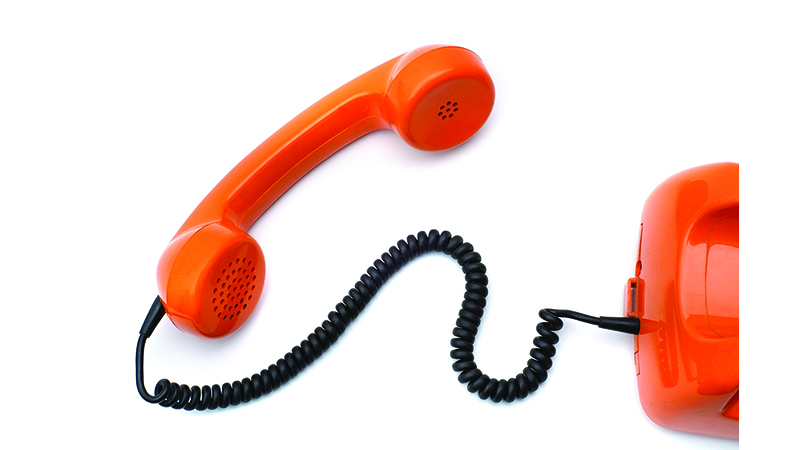Operation Stop Scam Calls
Published 6:39 am Monday, July 24, 2023
|
Getting your Trinity Audio player ready...
|
WASHINGTON – The Department of Justice (DOJ), Federal Trade Commission (FTC), and Federal Communications Commission (FCC) are cracking down on telemarketing operations responsible for billions of illegal calls to U.S. consumers. The initiative is called “Operation Stop Scam Calls.”
Enforcement actions target individuals and entities who deceptively collect consumers’ telephone numbers and then provide those telephone numbers to robocallers and others (falsely representing that these consumers have consented to receive calls), as well as Voice over Internet Protocol (VoIP) service providers who facilitate tens of billions of illegal robocalls every year. Significant actions have already been taken against individuals and entities who unjustly profited by facilitating the movement of money from scam call victims to fraudsters.
Illegal telephone calls interrupt cherished time with family and friends and, when they are used to commit fraud, can be financially and emotionally devastating.
The DOJ is taking action against those who trick people into phony consent to receive these calls and those who make it easy and cheap to place these calls.
Cases brought by the DOJ range from actions targeting fraudsters who directly contacted victims, to actions targeting those who provided scam call operators with the means to perpetrate their schemes. So far, the DOJ’s actions have contributed to over 180 actions taken by the federal and state partners participating in Operation Stop Scam Calls.
The DOJ and its partners urge consumers to be on the lookout for illegal calls, to take steps to minimize the number of illegal calls received, and to report any scam calls to law enforcement.
- Callers may pressure you to send money by trying to scare you. They may pretend to be someone you know who is in trouble, a government agency, or a major company. These are fraudsters. Hang up.
- Don’t trust your caller ID. It can be faked.
- If you answer the telephone and hear a recorded message instead of a live person, it’s potentially a robocall trying to sell you something. It is probably illegal and likely a scam.
- Only call a telephone number you know is real.
- Make sure your number is on the Do Not Call Registry, www.donotcall.gov, and consider using your telephone’s call blocking options or getting a call blocking app or service.
For more information about the Consumer Protection Branch and its enforcement efforts, visit its website at www.justice.gov/civil/consumer-protection-branch. To review a list of common transnational elder fraud scams, many facilitated by telephone calls, visit www.justice.gov/civil/consumer-protection-branch/transnational-elder-fraud-strike-force.





